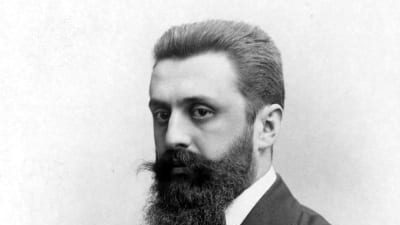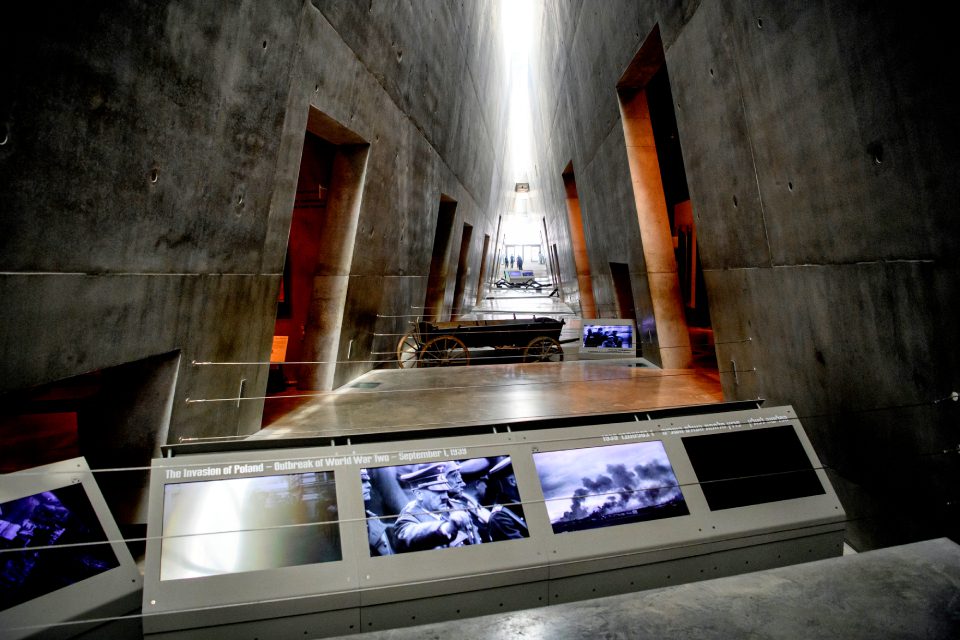Firstly, Zionism is a multifaceted ideology and movement that emerged in the late 19th century to establish a Jewish homeland. Moreover, it represents a complex and dynamic set of beliefs encompassing political, cultural, and religious elements. “Zionism” derives from “Zion,” a biblical reference to Jerusalem, and has been central to Jewish identity and aspirations.
Benjamin Theodor Herzl

Historical Context
The origins of Zionism can be traced to the widespread anti-Semitic persecution and discrimination that Jewish communities faced in Europe in the 19th and early 20th centuries. The Dreyfus Affair in France, violent pogroms in Russia, and other instances of discrimination highlighted the urgent need for a solution to protect Jewish rights and dignity.
Herzl Museum
Key Figures and Movements
Theodor Herzl: Often referred to as the father of political Zionism, Herzl’s 1896 pamphlet, “The Jewish State,” articulated the need for a Jewish homeland. He played a crucial role in convening the First Zionist Congress in 1897, which led to the establishment of the World Zionist Organization.
Cultural Zionism: Led by figures like Ahad Ha’am, this branch of Zionism emphasized the revival of Jewish culture and spirituality as essential components of the Zionist vision.
Labor Zionism: This movement, represented by leaders like David Ben-Gurion, sought to combine socialist principles with the Zionist goal. It played a pivotal role in establishing the modern state of Israel.
Zionism and the State of Israel
In addition, Zionism achieved a historic milestone by establishing the State of Israel in 1948. The proclamation of the State of Israel revealed a long-held dream for many Jewish people and marked a turning point in Jewish history.
Challenges and Controversies
Zionism has not been without controversy. Criticisms range from objections to the displacement of Palestinian communities during Israel’s establishment to concerns about the political and social direction of the State of Israel. These issues have led to various perspectives and debates within the Jewish community and internationally.
Jewish Heritage Four Day Tour

Contemporary Zionism
Zionism remains a dynamic force in contemporary Jewish and Israeli life. It is associated with various beliefs, from those advocating for a two-state solution to those advocating for a greater Israel. The movement continues to influence political decisions and shape Israeli society.
Conclusion
Lastly, Zionism, at its core, represents the enduring Jewish yearning for self-determination and a homeland in the Land of Israel. Furthermore, it has evolved, reflecting the changing needs and aspirations of the Jewish people. So, as Israel celebrates its independence, the legacy of Zionism continues to be a significant aspect of the Jewish identity and a central theme in discussions of the Israeli-Palestinian conflict and the region’s future.